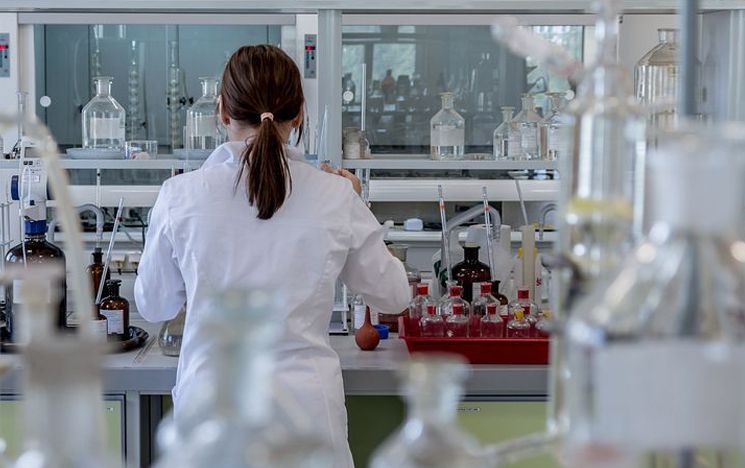Research
Browse our research projects and discover the wide range of topics and methodology we use.

Projects
Our research focuses on clinical aspects of disorders and law and pre-clinical science. This allows us to improve our understanding of the neurobiology and biopsychology of substance misuse and addiction.
- Shared risk factors and causal mechanisms between substance misuse and psychosis
This study focuses on the shared risk factors and causal mechanisms between substance misuse and psychosis. This research will utilise an experimental paradigm to manipulate clinically-relevant transdiagnostic processes that play a critical role in the development and prognosis of comorbid mental health difficulties.
By identifying shared risk factors, the goal is to develop screening strategies to identify high-risk individuals at an earlier stage. Moreover, this research aims to establish more effective, individually-tailored intervention strategies by recognising highly-relevant therapeutic targets.
- Behavioural Neuroscience and addictions
Our research investigates individual variation in the biopsychosocial underpinnings of various mental health conditions, including substance use disorders and gambling disorder.
We use sophisticated models and experimental procedures to understand why individuals choose to pursue specific rewards, and not others. Also, we are examining pre- and post-synaptic neuroadaptations that are associated with addiction. Through these projects, we hope to develop novel and personalised therapies for substance use and gambling disorders.
- Dry January
This project keeps investigating Dry January and its impact: this includes consultations with, and advice to, three French charities whose decision to establish Dry January in France in 2020 was strongly influenced by Dr Richard De Visser's findings of the positive impact of Dry January in the UK.
The study also aims at identifying how to make it easier for people to understand and use government guidelines for lower-risk drinking. This includes supervising a PhD co-funded by the Drinkaware Trust, looking at the impact of labels on packaged alcohol. Additionally, there is an intention to extend research funded by the Medical Research Council (MRC) that has focused on developing effective components of school-based alcohol education.
- Mechanisms underlying comorbid PTSD and substance use
The project focuses on the mechanisms underlying the PTSD-addictions comorbidity, particularly in cannabis users. In the last related study, it was investigated the role of cannabis craving as a potential linking mechanism between cannabis use and trauma using the cue-reactivity paradigm. This methodology allowed us to simulate in the lab a very common experience in cannabis users with trauma experience, which is that trauma reminders induced strong urges to use cannabis, creating a dangerous link between trauma and substance use.
A research project is currently being finalised to replicate our previous study with the addition of fMRI to explore the neural underpinnings of those mechanisms. Finally, the plan is to continue this line of research using a combination of behavioural and psychophysiological methodologies.
For more information on this study see an interview conducted by The Cannabis Scientist.
- Associations between food and addictive behaviours
This research is interested in how neuronal ensembles establish and update learned associations between food and the cues that predict their availability. To this end, our laboratory uses tools to monitor and manipulate the activity of neuronal ensembles that express the activity marker 'Fos' using transgenic and viral strategies. We also characterise the physiological alterations in these neuronal ensembles using ex vivo electrophysiology.
Our work has implications for other behavioural disorders, such as addiction, since the learned association between cues and drug rewards play an important role in its development. We have been previously funded by the BBSRC (Biotechnology and Biological Sciences Research Council) and MRC Discovery Award and currently by the Leverhulme Trust and the MRC.
- Addiction/intoxication in relation to criminal law
Alongside a long-standing interest in studying basic neurobiological and behavioral/psychological mechanisms involved in drug seeking and taking (particularly mechanisms related to associative learning and memory), the focus of this reserach is in the interface between neuroscience and criminal law. Specifically, how (if at all) intoxication by alcohol or drugs, and addiction to these, is relevant in legal decisions about criminal responsibility and punishment.
This work involves critical (comparative) analysis of existing legal rules that have been developed to deal with intoxicated defendants, as well as empirical studies aimed at understanding the cognitive consequences of becoming intoxicated.
You might also be interested in:
Credit for image: Michal Jarmoluk via Pixabay